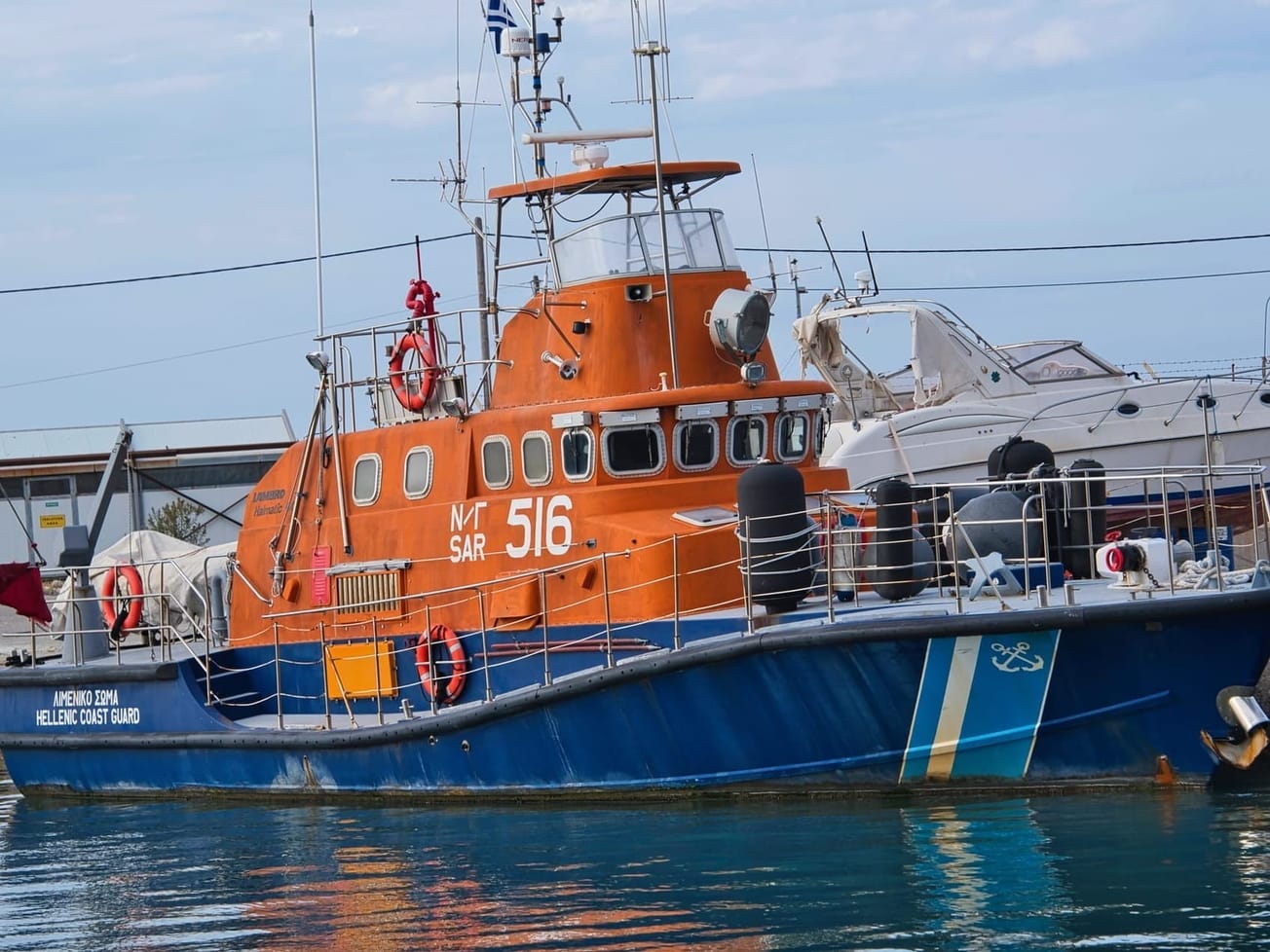BRUSSELS (AN) – The European Union's border protection agency, Frontex, verified two incidents in 2022 where the Greek Coast Guard conducted illegal "pushbacks" of migrants in the Aegean Sea, directly leading to the drowning of at least four people, internal documents show.
The documents first made public by the EU Observer on Friday detail incidents in August and Sept. 2022 in which masked men working with or for the Greek Coast Guard forcibly expelled migrants from the islands of Chios and Samos, throwing them into Turkish waters without life vests or boats. Some were allegedly thrown into the sea while handcuffed.







